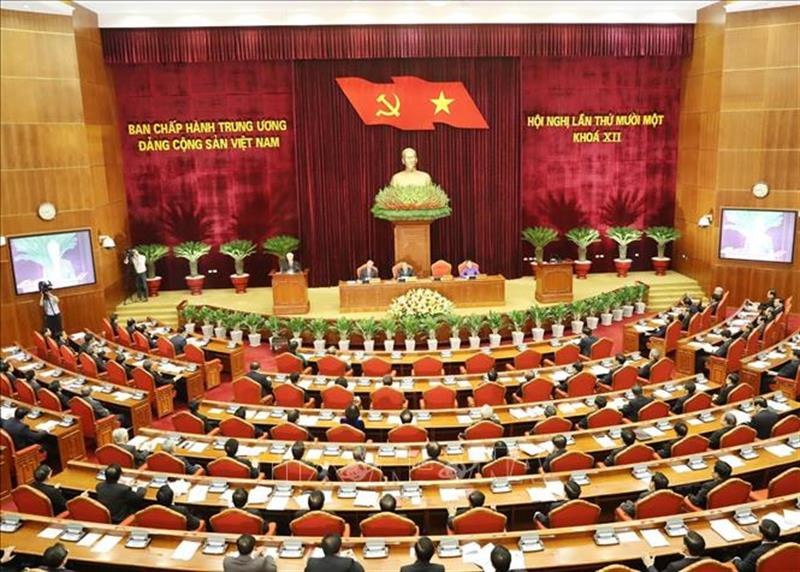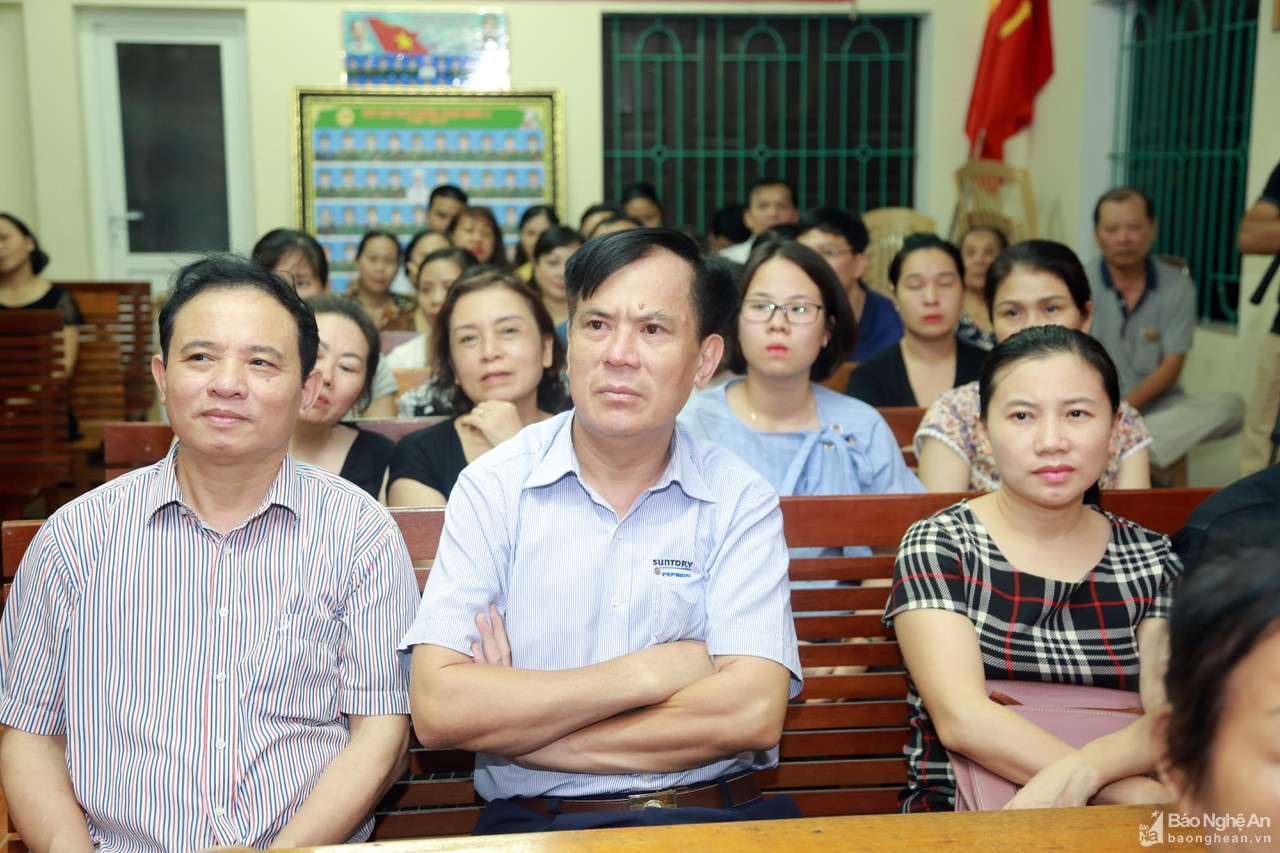Guidelines for reviewing and classifying party organizations, party members, and management leaders
Leaders and managers, including Politburo members and Central Committee members, must annually review their awareness of the fight against bureaucracy, corruption, waste, opportunism, and profiteering.
The Central Organizing Committee has just issued guidelines for annual quality review, assessment and classification of party organizations, party members, and collectives and individuals of leaders and managers at all levels.
Each individual self-reflects and corrects himself.
This is to review self-criticism, criticize and evaluate, and classify quality annually so that Party committees, Party organizations, collective leadership of agencies, units, and individuals can self-examine and self-correct.
From there, propose policies and solutions to promote advantages, overcome limitations and shortcomings in leadership, management, operation and task performance; serve as a basis for implementing contents on personnel work; contribute to improving the leadership capacity and fighting strength of party organizations and party members.
The guidelines clearly state that in the review, we must overcome the situation of being deferential, avoiding, afraid of collision, not defending what is right, and not fighting what is wrong.
It is necessary to identify and clearly define the signs of degradation in political ideology, morality, lifestyle, "self-evolution", "self-transformation" in order to correct and overcome them; use the results of collective review as the basis for individual review, and use the results of individual review to supplement and complete the collective review.
 |
| The 11th meeting of the 12th Party Central Committee. Illustrative photo: Tri Dung/VNA |
Agencies and individuals conduct continuous, multi-dimensional assessments, according to criteria, with specific products, with comparisons between equivalent positions and publicize the results; link the assessment and classification of individual quality with the collective and with the performance results of the locality, agency, unit, etc.
This guideline specifies the place of review for party members holding leadership and management positions.
In particular, members of the Politburo and the Party Central Committee Secretary, in addition to reviewing at the Party cell where they work, also review before the Politburo and Secretariat; before the leadership and management collective of the agency or unit of which they are members.
Central Committee members and alternate Central Committee members must review themselves before the standing committee of the Party Committee they are participating in; the Party executive committee, Party delegation, or the collective leadership and management of the agency or unit of which they are a member...
In case a party member holds 3 or more leadership or management positions, he/she can be reviewed elsewhere (if necessary) as decided by the competent authority.
Review both impartiality and objectivity
For party members, the review includes 4 contents.
The first is to review political ideology, moral qualities, lifestyle, sense of organization and discipline, working style and manners.
Specifically, loyalty to Marxism-Leninism, Ho Chi Minh thought and the Party's innovation policy; maintaining ethics and lifestyle, promoting pioneering and exemplary spirit; the spirit of seeking knowledge, listening, accepting and correcting shortcomings and fighting against manifestations of bureaucracy, corruption, waste and negativity...
 |
| Party members attend a meeting at their residential area in Block 4, Truong Thi Ward, Vinh City. Illustrative photo by Dao Tuan |
There is also content and connection to 27 manifestations of political ideology, morality, lifestyle degradation, "self-evolution", and "self-transformation" within the organization.
The second is to review the performance of duties and tasks, including the results of the implementation of assigned targets and tasks during the year quantified by specific products; personal responsibilities related to results, limitations, and shortcomings.
Third is to review the implementation of the annual commitment to self-cultivation, training and striving.
Fourth, review the results of overcoming the limitations and shortcomings that have been concluded or pointed out by competent authorities in the previous review.
In addition, party members must also review suggested issues (if any).
In the case of party members who are civil servants, public employees and others receiving salaries from the state budget, when reviewing, it is necessary to clarify in depth the volume, quality, progress and effectiveness of assigned tasks; the spirit of innovation, creativity and self-responsibility; and awareness and attitude of serving the people.
For leaders and managers (including Politburo members, Central Committee members...), in addition to the review content of party members, other contents must also be thoroughly reviewed.
Specifically, reviewing the results of leadership, management, operation, and individual responsibility in participating with the collective leadership and organization in implementing political tasks and organizational and personnel work of localities, agencies, and units.
Leaders and managers also review their relationships and coordination with the Party Committee and the leadership and management team; their impartial and objective attitude; their internal solidarity and the trust of cadres, Party members and the masses.
In addition, leaders and managers also review their awareness of the fight against bureaucracy, corruption, waste, opportunism, and profiteering.
At the same time, review the declaration of assets and income according to regulations; pay attention to the material and spiritual life of cadres, party members and workers; and take responsibility for setting an example according to regulations of the Central Committee and Party Committees at all levels.
Party members and management leaders are reviewed at the end of each year; the collective is reviewed first, then the individual, the leader first, then the deputy leader and members.
This guideline also specifically regulates the review, criticism, and self-criticism of collectives as well as the assessment and classification of the quality of party organizations and party members.


